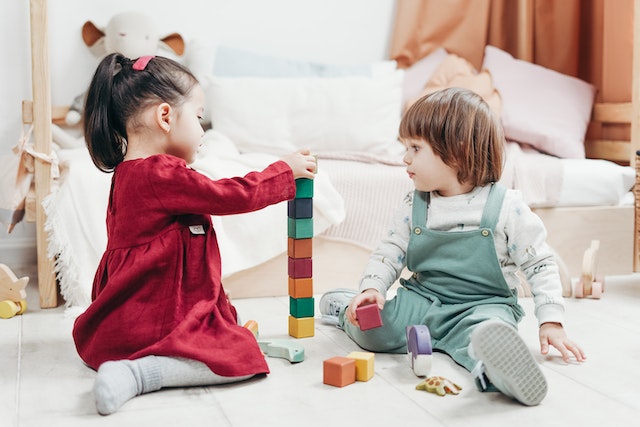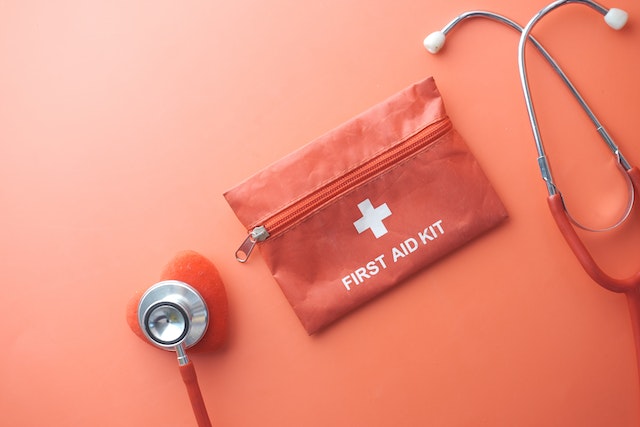The first year of your baby’s life is crucial. It is the time when they acquire and develop some of the basic life skills, which stays with them throughout their life. They develop new ways to think, start understanding things taking place around them and learn to interact with people. Babies develop these skills so quickly in 12 months that at times it can be hard to track their progress if you are not aware of the common milestones.
What are developmental milestones?
Developmental milestones are a set of functional skills that most kids acquire at a certain age range. These milestones are proof that your baby’s development is normal and that there are no complications. Development is a continuous process. But all babies acquire some set of skills in a certain age range. However, the sequence in which these milestones are achieved might not be the same for all.
Children achieve these milestones at different ages. That’s because development is influenced by a lot of factors.
Genetic factors, sex, nutrient intake, hormonal imbalance, chronic diseases and socio-economic status of the parents can also have an impact on the kid’s growth.
In general, kids development is assessed on four domains:
- Gross motor
- Fine motor
- Language skills
- Social skills
Here are some common milestones that you must look out for in the first year and when should you be concerned about your child’s development.
2 months
At birth, kids only do three things that are to eat, sleep and cry. They start developing other skills by the time they turn 2 months old. A 2-month-old baby can momentarily hold its head, especially in a prone position, can identify and make eye contact with the mother and differentiate between the voice of the mother from others. Additionally, they can also make a cooing sound and pass a smile to others.
4 months
By the time babies hit the 4 months mark, they develop good neck support and can hold the neck when laid in a prone position. They start making babbling sounds, they may giggle a lot and start recognizing familiar faces. Some babies even develop good hand coordination.
6 months
By 6 months, kids develop good back neck and back support, which allow them to sit briefly with support. They start making more noises and their grasping power gets stronger. By this time they can easily transfer an object from one hand to another. Apart from this, they can recognize familiar and unfamiliar faces. Kids even develop strangers’ anxiety at 6 months.
9 months
At 9 months your baby’s walking and talking skills develop. They will be able to sit without support and sometimes even start crawling and cruising. Kids at this stage even start speaking monosyllables like mama or baba and can wave goodbyes. Some kids even develop an immature pincer grasp when they turn 9 months old, which helps them self-feed.
1 year
When babies turn 1 year, they can walk briefly or can stand without support. They even start pronouncing words more clearly and some can even speak 5-6 words.
When should you take your kid to the doctor?
Kids acquire these skills at a certain age range. Some kids develop them fast, while others take some time. Every kid has a distinct developmental journey that is different from others. But there are 2-3 things that you need to look out for when tracking your kid’s development. If you notice these things you need to consult your pediatrician for help.
If your child is not able to support his/her neck or make eye contact or turn to sound by 6 months of age that means something is wrong.
By 1 year if your child is not able to sit without support, react to sound or produce any sound then also it is a matter of concern.
The presence of primitive reflexes like tight fists or being floppy, too much crying also means that your kids need some assessment.
![]()





